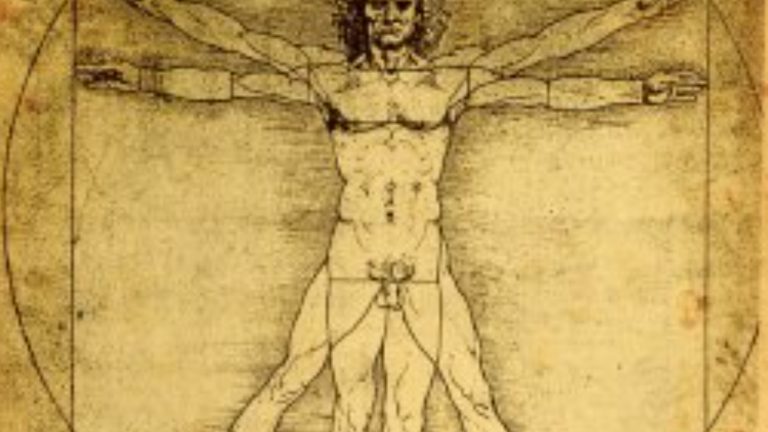December 2012.
Fateful day at London Heathrow airport. Meandering through the duty free zone, I stumbled across an article in a magazine on polymaths.
It made a deep impression. Ever since, I have been secretly obsessed with polymathy (well, it’s hardly a secret now 😅)

What is a polymath?
A polymath (Greek: πολυμαθής, polymathēs, “having learned much”; Latin: homo universalis, “universal person”) is an individual whose knowledge spans a substantial number of subjects, according to Wikipedia.
Being a polymath was the Renaissance ideal. During that period (14th to 17th century), being learned meant pluridisciplinary expertise. Specialising was not the goal in life. You had to be well-rounded, well versed in arts, sciences and languages.
This culture was a breeding ground for geniuses like Leonardo da Vinci who was a sculptor, painter, architect, mathematician, musician, engineer, inventor, anatomist, botanist, geologist, cartographer and writer.
Why is breadth of knowledge great for creativity?
We might not aim to be a modern Da Vinci. But creatives are in perpetual search for new ideas. We spend a lot of time conjuring up worlds and ideas in our heads.
We have to come up with something fresh, not only to stand out but also for our own sense of achievement. That’s the way we’re built.

The thing is, new ideas don’t appear in a vacuum. They are most likely new connections between pre-existing realities and subjects, or improvements.
The more subjects you know, the more new connections you can make.
Your imagination needs fodder.
“We keep moving forward, opening new doors, and doing new things, because we’re curious and curiosity keeps leading us down new paths.” – Walt Disney
On the flip side, going deeper in a single subject tends to limit our scope. Instead of thinking outside the box, we are zooming in on the details within the box.
Breakthroughs tend to occur when we are able to look at things from a different, maybe unorthodox perspective.
That is difficult to happen unless we zoom out.
Be curious, feed your imagination. Read something new, take up a new hobby, an instrument, a language, open your horizons.
This will of course take some time. It’s an investment to produce a labour of love, not slapdash work.

I wrote about the benefits of playing an instrument here.
New ideas may not spring up as fast as you want, but your life will be enriched. Bask in that newfound glow. From the breadth and depth you acquire, something is bound to bubble up. A new connection is there somewhere.
In the history of ideas, it’s repeatedly happened that an idea, developed in one area for one purpose, finds an unexpected application elsewhere.
Patrick Grim
Take the journey!
Reflect, redefine, rise!
R.


Leave a Reply